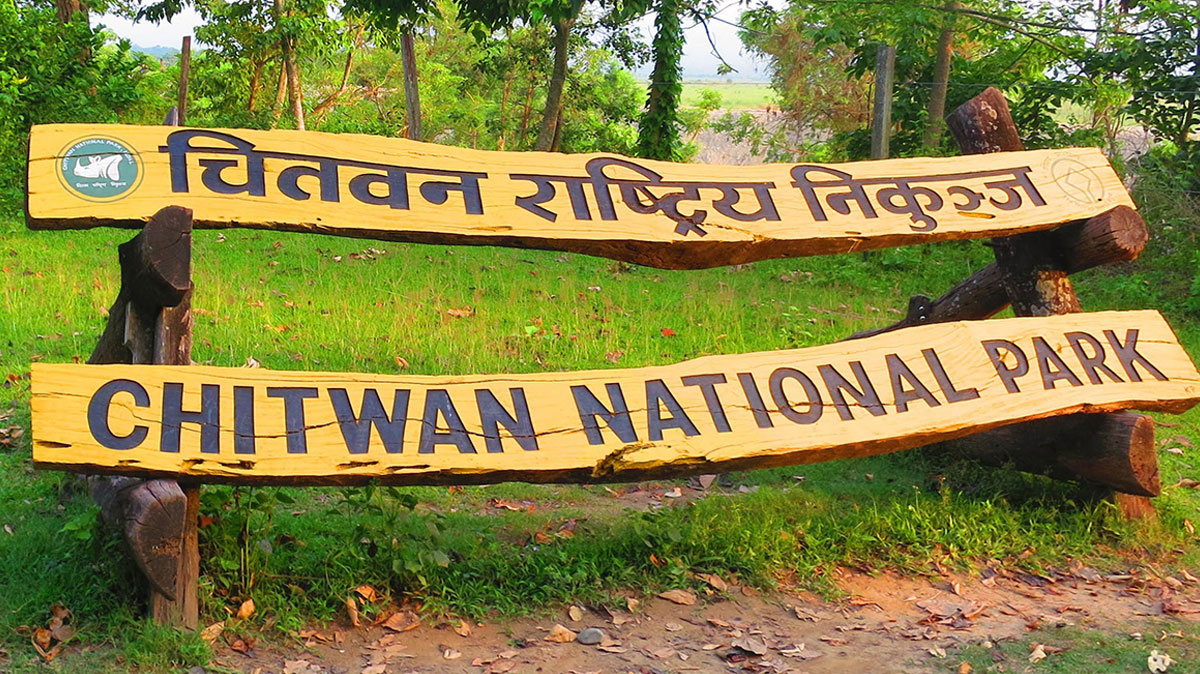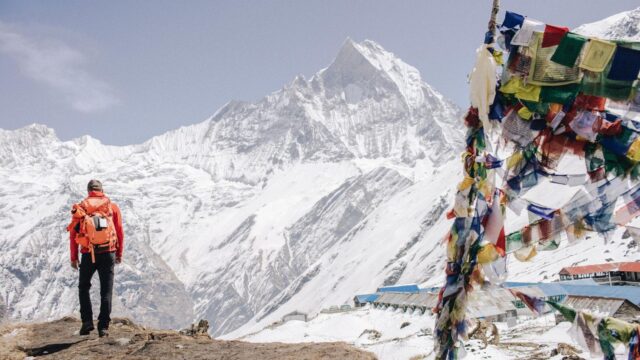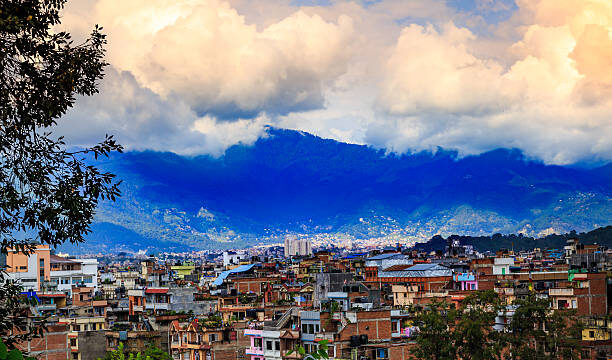Chitwan National Park has officially suspended all jeep safari activities within the park premises starting today. The park administration issued a public notice stating that the temporary ban was implemented to ensure minimal disturbance to wildlife, particularly during their breeding season.
According to Abinash Thapa Magar, the information officer of the park, the suspension will remain in place until the first or second week of Ashoj (mid-September). However, he mentioned that if heavy rainfall continues, the reopening may be slightly delayed. Conversely, if the monsoon is lighter, safaris might resume as early as the first week of Ashoj.
Monsoon Marks Critical Breeding Period
The monsoon season is considered a crucial time for the breeding of wild animals and birds in Chitwan National Park. During this time, human interference, especially vehicular movement and noise, can disrupt wildlife behavior, mating rituals, and nesting patterns. Recognizing this, the park administration has prioritized the ecological well-being of animals over tourism activities.
“This period is sensitive for wild animals, especially for their reproduction. Disturbances like the movement of jeeps can negatively impact their breeding and natural habitat. So, we have halted safari operations inside the core park area,” explained Thapa Magar.
Safety Concerns Add to the Closure Decision
Along with conservation motives, safety has also been a key consideration. Roads inside the national park become muddy, slippery, and often impassable due to monsoon rains. Flooding and landslides are common during this period, posing significant risks to both tourists and guides. “Every year during the rainy season, we face challenges like broken roads and flooding in several parts of the park. To avoid any potential harm to tourists and staff, we close jeep safaris temporarily,” Magar added.
Impact on Safari Operations
Each year, dozens of jeeps from various locations offer safari experiences to tourists. From the Sauraha entrance alone, around 32 jeeps operate during peak seasons. Similarly, 21 jeeps operate from Kasara, 11 from Meghauli, and 9 from Nawalparasi. These jeeps take visitors deep into the park, providing glimpses of rhinos, tigers, elephants, deer, and numerous bird species in their natural habitat.
With the jeep safari now halted, local tourism operators and jeep owners will face a temporary pause in business. However, the decision is widely accepted as a necessary measure to protect the park’s rich biodiversity.
Buffer Zone Safaris Still Open
Although safaris within the core national park area are suspended, jeep safaris in the buffer zones and community-managed forests surrounding the park will continue as usual. These buffer zones also offer a variety of wildlife and jungle experiences, albeit with fewer chances of spotting rare animals like the Bengal tiger.
Tourists who still wish to explore the natural beauty of Chitwan during monsoon can opt for these alternative routes. Many lodges and tourism operators are now focusing on promoting eco-walks, bird watching, and community-based tourism activities as alternatives during the safari closure period.
Annual Practice for Conservation
Chitwan National Park, a UNESCO World Heritage Site, has been implementing this monsoon closure practice for several years. The park is home to more than 700 species of wildlife, including endangered species like the one-horned rhinoceros and the Bengal tiger. Park authorities believe that limiting human activity during the breeding season significantly contributes to maintaining healthy wildlife populations.
By suspending safari activities during this time, the park ensures that animals have undisturbed spaces for reproduction, which in turn helps maintain the ecological balance. The success of this conservation strategy can be seen in the increasing numbers of several key species within the park over the past decade.
Tourism Sector Adapts to the Change
While the closure affects short-term tourism revenue, stakeholders in Chitwan’s tourism sector understand the long-term benefits of conservation. Many local entrepreneurs have now begun to diversify their offerings, introducing cultural programs, canoe rides, and village tours to sustain business during the off-season.
“We support the park’s decision because preserving wildlife ultimately supports tourism in the long run. Visitors come to see animals in their natural habitats, and we must ensure these habitats remain healthy,” said a local tour operator from Sauraha.
Looking Ahead
Chitwan National Park is expected to resume its regular jeep safari operations after the monsoon ends and the internal roads are assessed for safety and usability. Until then, conservationists, tourism entrepreneurs, and park authorities will continue working together to balance ecological preservation with sustainable tourism practices. In the meantime, visitors are encouraged to explore the cultural richness and natural beauty of the region through alternate activities that respect the rhythm of the jungle and the life it harbors.






